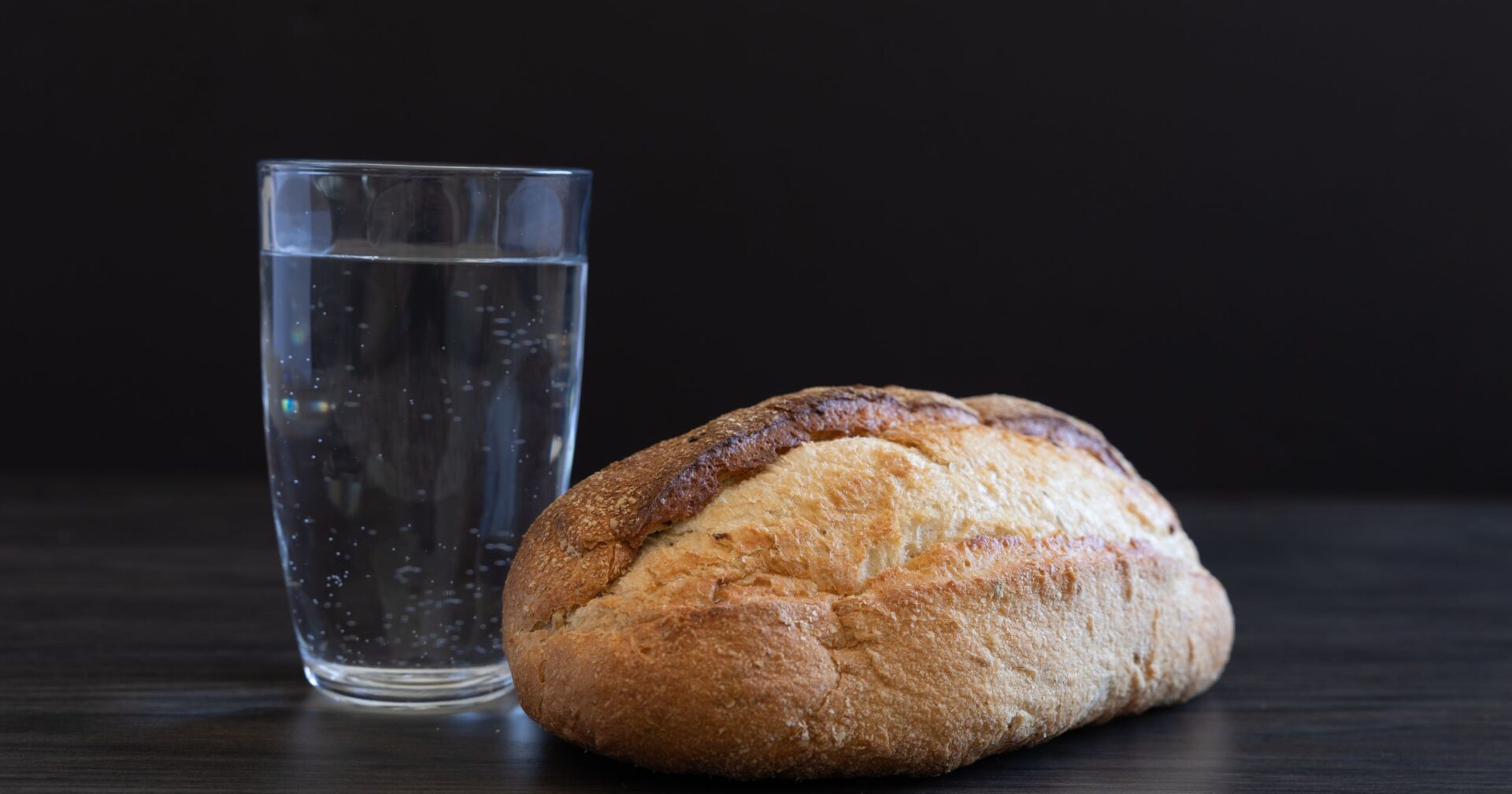For Catholics, there are two dietary hallmarks of the Lenten season: abstaining from meat on Fridays, and fish appearing on the menu. What’s the origin of this penitential tradition?
Penitential fasting is an ancient tradition, going back to the times of the Old Testament when pious Jews would observe a fast on Monday and Thursdays. Early Christians then would practice regular weekly fasts on Wednesday and Fridays.
The Quadragesima, 40 days, was recognized as a season of penance in earliest days of the Church in remembrance of Christ’s fast of forty days and forty nights in the Judean desert. Saint Leo writes in the fifth century “they may fulfill with their fasts the Apostolic institution of the forty days.”
Friday, the day Christ suffered for our sins and died on the Cross, has been traditionally recognized since Christendom immemorial as a special day of penance, set aside during Lent to observe the Lenten fast.
The early Church was divided on the nature of the early Lenten fast. The historian Socrates of Constantinople writes:
“Some abstain from every sort of creature that has life, while others of all the living creatures eat of fish only. Others eat birds as well as fish, because, according to the Mosaic account of the Creation, they too sprang from the water; others abstain from fruit covered by a hard shell and from eggs. Some eat dry bread only, others not even that; others again when they have fasted to the ninth hour (three o’clock) partake of various kinds of food.”
By the late sixth century, Pope Saint Gregory the Great wrote to Saint Augustine of Canterbury:
“We abstain from flesh meat, and from all things that come from flesh, as milk, cheese, and eggs.”
The Latin for flesh meat, as Saint Gregory used, is carnis – referring to mammals and birds only, but not fish. In Biblical times and the early centuries of the Church, flesh meat was seen as a luxury for those who could afford it – associated with celebrations and feasts. However, fish was seen as a penitential food – one you had to catch yourself. Abstaining from meat on Fridays became a way to observe the Lenten fast and show penance.
According to the USCCB, “abstinence laws consider that meat comes only from animals such as chickens, cows, sheep or pigs — all of which live on land” while fish “are a different category of animal.”
“All Fridays through the year and the time of Lent are penitential days and times throughout the entire Church. Abstinence from eating meat or another food according to the prescriptions of the conference of bishops is to be observed.” – Code of Canon Law 1250-1251
In this way, abstaining from meat during Lent is a form a penance, a small sacrifice drawing us closer to Christ who made the ultimate sacrifice.
Photo credit: Kara Gebhardt / Shutterstock.com



















